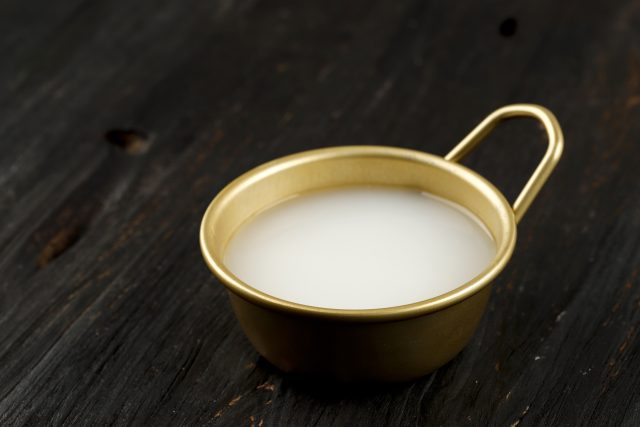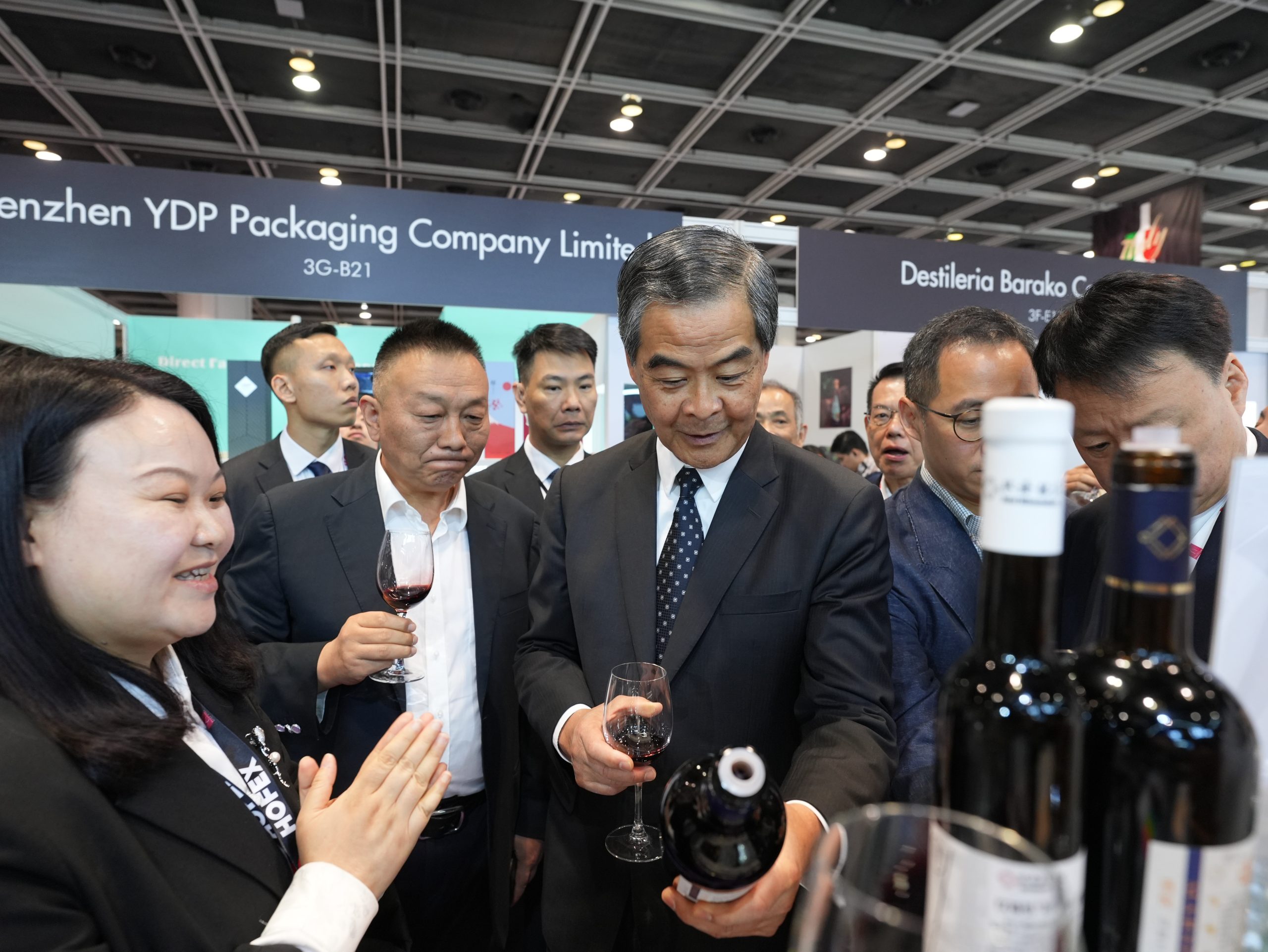Why everyone’s talking about the makgeolli trend
The rising trend for the rice wine known as makgeolli has led to many Korean businesses expanding their presence overseas to satisfy demand.

According to local reports, the alleged “probiotics that help boost the immune system” found in the drink became increasingly popular to consume amidst the pandemic and have since grown in demand as an export product with the drink becoming increasingly popular in western countries.
Last year, the brewery Kook Soon Dang Co, which is the largest exporter of makgeolli, reportedly witnessed its makgeolli exports almost double, reaching a sales value of KRW13.7 billion (US$10.2 million), up from KRW7 billion in 2019.
Sources within the company revealed to local press that “exports soared after the pandemic” and explained that the trend is “partly” due to how the drink has been marketed and admitted that the business is not shy about emphasising that its “products contain many probiotics that help boost the immune system”.
The reports outline that Kook Soon Dang, which first introduced canned makgeolli in 1993, has since become a pioneer in makgeolli exports and currently sells the drink in more 50 countries, with the US now being its largest export destination.
Exports to the US have now surpassed US$3 million as of last year, sources stated highlighting a trend that accounts for approximately 30% of the product’s entire exports. The expansion at Kook Soon Dang also means there will be additional exports to other regions such as Central and South America, including Brazil and Mexico, broadening the reach of the product further west.
Another Korean brewery, Jipyeong Jujo Co, has also been outlined for having completed construction of a large-scale factory in the Cheonan, South Chungcheong Province during May and has since set out plans to begin exporting makgeolli by the end of the year after it revealed it would export to China, Japan, and Southeast Asia, as well as Europe and the US.
A representative from Jipyeong Jujo Co told Pulse News that what began as a domestic venture took off following a trade show last year where it saw such an “enthusiastic” surge in demand from buyers that the opportunity was too big to turn down.
Partner Content
Jipyeong Jujo Co representative said: “While our initial focus was on the Asian market, the enthusiastic response from European buyers towards Korean makgeolli during a global food expo at the end of last year prompted us to broaden our target export regions.”
To give further context, the business Seoul Jangsoo Co which already exports the Jangsoo Makgeolli brand to approximately 30 countries including the US, Australia, China, and Japan, began exporting makgeolli from 2010 before reportedly witnessing an average annual growth rate of 8% in its exports during the past five years.
Additionally, Seoul Jangsoo Co, which is part of the Seoul Takju Association, stated how it saw a sharp 41% boost in export demand last year which it puts down to its latest product innovations, including makgeolli infused with yuzu, or citrus juice. To take full advantage of the demand, in February, the brewery also launched US exports of its sweet and carbonated makgeolli product to showcase the variety and potential available.
Reports outline that while the domestic makgeolli market has remained at around KRW40 billion over the past five years, makgeolli export growth has seen a 20% boost in sales volume compared to the period before the pandemic. For instance, according to Korea Customs Service data, makgeolli exports in the past year amounted to 15,396 tons, up 20.6% from 12,772 tons in 2019.
In terms of sales value, the story is not dissimilar and the data shows that In the first half of this year, makgeolli exports reached approximately US$7.3 million, up 23.8% from the first half of 2019.
One industry insider told local reporters: “The consumption of makgeolli by foreigners that were not able to visit Korea during the pandemic has surged significantly.”
Now, due to the surge in demand, there are rumours that companies in other sectors such as fried chicken and craft beer, are also now looking at exploring makgeolli production.
Since July, Kyochon Food & Beverage Co., the operator of the fried chicken franchise Kyochon Chicken, has been offering its own makgeolli at a local Korean pancake venue in Gwangjang Market, Jongno District, central Seoul. Plus, reports also allege that Craftbros Brewing Co now also has plans to introduce its own makgeolli product in a bid to ride demand for the drink.
Related news
Are consumers ready to embrace AI-powered drinks picks?
Suntory CEO: Tariff plans prompt broader global investment considerations




